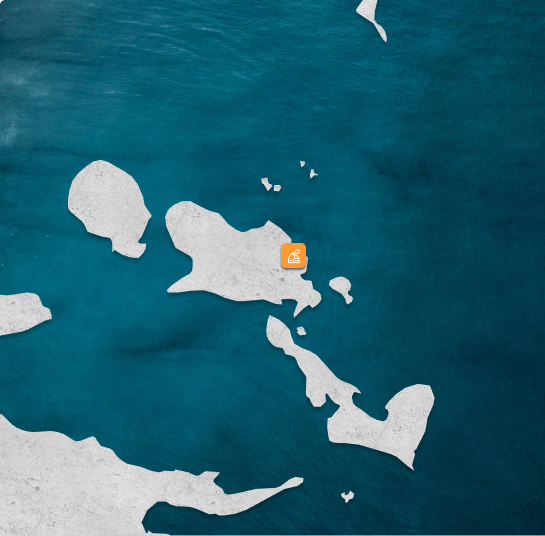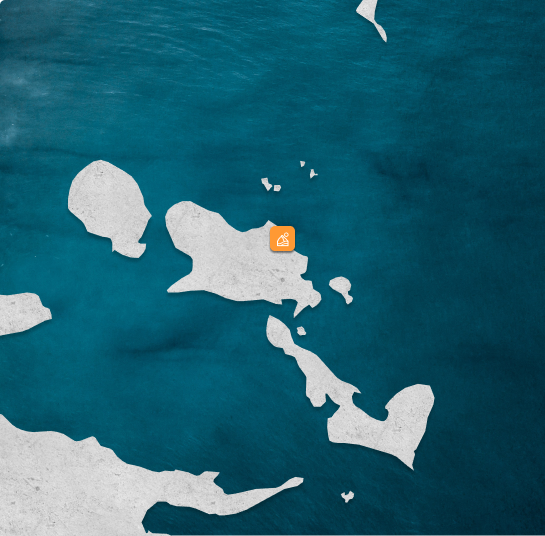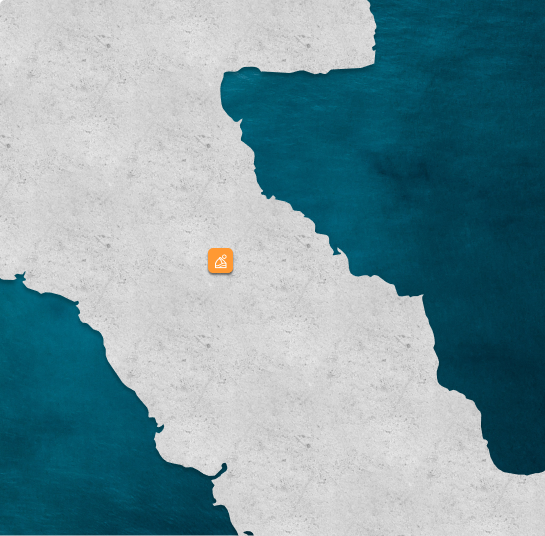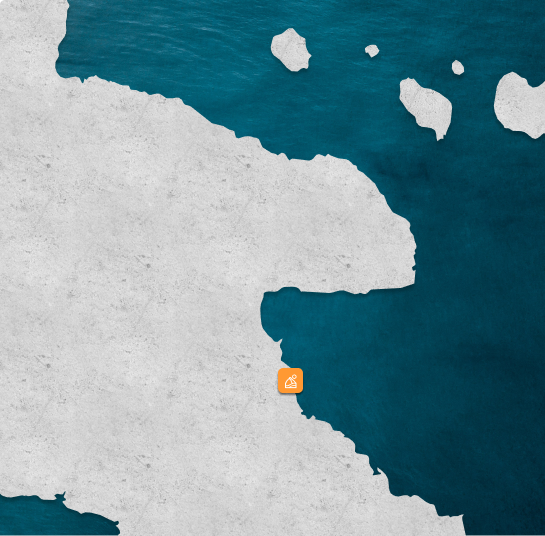A senior diplomat on Tuesday dropped some hints that a European company was already serious about building a nickel smelter in Indonesia, although the government official refused to go into details.
Indonesia has stopped exporting unprocessed nickel ores since 2020 in a bid to promote nickel smelting at home and attract foreign investors. The ban prompted the European Union (EU) to sue Indonesia at the World Trade Organization (WTO) as the bloc feared the policy was detrimental to its stainless steel production. Despite the lawsuit, the ban apparently led to some European investment in Indonesia’s nickel downstream industry.
“We are currently negotiating an investment that is quite large in value with several European firms. I cannot reveal their names, but these investments are related to the nickel downstream industry, among others,” Umar Hadi, the director-general for European and American Affairs at the Foreign Affairs Ministry, told reporters in Jakarta on Tuesday.
“One [European] company will build a nickel smelter [in Indonesia] to supply for the battery and electric vehicle industries,” Umar said.
The diplomat refused to reveal the location of the said smelter. Umar also unveiled Europe’s plans to invest in “another project”. Still, he did not say whether this other project was also a nickel smelter.
“So in short, we will have two companies working on one project. And then one more company will invest in another project,” Umar said, commenting on the mysterious European investment.
When asked if the discussions were still at a nascent stage, Umar told reporters that the European investors “were already serious about it”.
President Joko “Jokowi” Widodo often lauds Indonesia’s nickel downstream processing industry as a huge economic success. Jokowi recently said that Indonesia used to earn Rp 30 trillion ($1.9 billion) back when it was exporting raw nickel ores. The export value then jumped to at least Rp 510 trillion after the export ban came into effect.
Indonesia has filed an appeal at the WTO after losing the nickel lawsuit. Jakarta’s appeal remains to be reviewed to this day. The WTO’s appeals mechanism is currently not functioning. The US has refused to appoint new members to the appellate body, which is in charge of hearing the appeals.
According to the 2023 US Geological Survey report, Indonesia and Australia hold the world’s largest nickel reserves. Both countries’ nickel reserves total 21 million metric tons, respectively.




